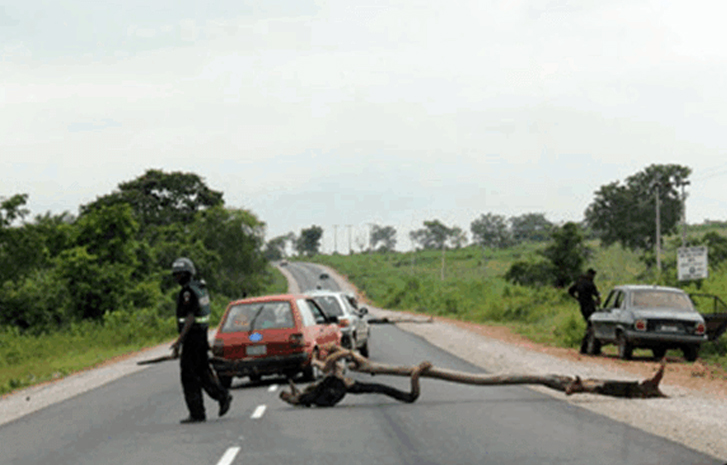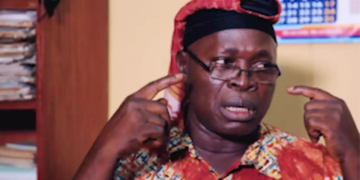Two civil society organisations (CSOs), Civil Society Legislative Advocacy Centre (CISLAC) and Oxfam, which stands against injustice, have advocated the dismantling of 54 roadblocks along Calabar-Ikom Mfum-Ekok border Road in order to remove the bottlenecks responsible for economic losses incurred by businessmen.
The CSOs decried how businessmen, who obtain credit facilities from financial institutions and invest same in businesses but end up going bankrupt due to the loss of economic time occasioned by the roadblocks.
The groups made the call during a two-day stakeholders’ engagement on empowering MSMEs in South-South zone and utilisation of Calabar Port for cross-border trade and ease of doing business in Calabar, Cross Rivers on Friday.
Oxfam, CISLAC and key stakeholders called for collaboration and reforms in policy of government to boost trade, empower small and medium-scale enterprises in the South-South region, especially Cross River, Akwa Ibom and Rivers States.
Speaking in an interactive session with LEADERSHIP, program manager of CISLAC for Tax Justice, Environment, and Observation of Nature, Mr. Ayo Omowu, stated that capacity-build during the stakeholders’ engagement would help to empower Micro, Small, and Medium Entrepreneurs (MSMEs) so as to boost their capacity.
He lamented that previous advocacy visit of the World Bank to Cross River’s Ikom border showed that 54 checkpoints exist along the trade routes, which were responsible for massive losses incurred by entrepreneurs in agricultural produce such as cocoa, cassava, and seafood. He stressed that the produce usually get rotten before getting to their destinations.
Omowu averred that findings, however, revealed that the causes of losses were due to the excessive levies and delay in transportation.
He called for partnership with state actors, in the ministries of commerce, trade and investment so as to address the challenges faced by entrepreneurs within the corridor.
“We felt there is a need to see how we can collaborate with these bodies,” he explained, highlighting the potential for increased market activity.
Omowu stated that many products are currently wasted, stressing that by harnessing the aforementioned resources and pushing them into the market, there could be a significant impact.
“This would not only create more jobs and increase profits for entrepreneurs, it will also contribute to government revenue,” he maintained.
He emphasised the need for collaboration among stakeholders, if government is to break down the barriers limiting trade and investment.
“The government needs to be on the field to ascertain the level of implementation. It’s vital for a successful partnership to ensure these measures are functioning as intended,” je stated.
In his remarks, Oxfam’s Program Manager, Henry Ushie, underscored the role of SMEs in driving local economies, noting that they ultimately sustain the border economy.
Ushie called for improved access to government grants and facilities, such as those offered by the Bank of Industry and Bank of Agriculture, as well as a more accessible regulatory environment.
In her remarks, Cross River State Commissioner for Commerce and Industry, Dr. Abigail Duke, stated that the engagement would help in removing bottlenecks hindering inter and intra-trade in the region.





